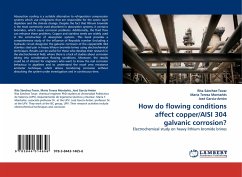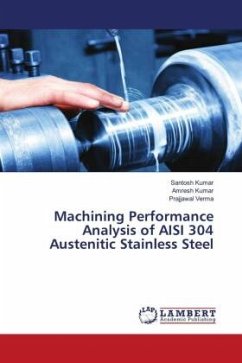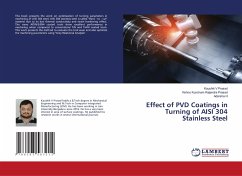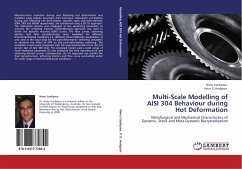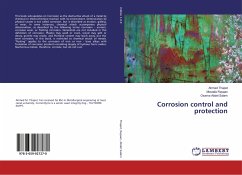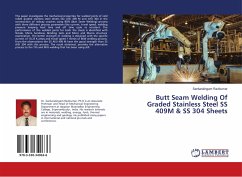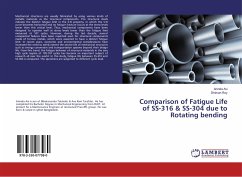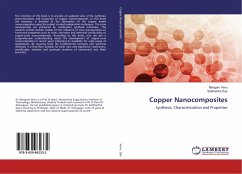Absorption cooling is a suitable alternative to refrigeration compression systems which use refrigerants that are responsible for the ozone layer depletion and the climate change. Despite the fact that lithium bromide is the most commonly used absorbent in absorption systems, it contains bromides, which cause corrosion problems. Additionally, the fluid flow can enhance these problems. Copper and stainless steels are widely used in the construction of absorption systems. This book provides a comprehensive study of the influence of Reynolds number (including a hydraulic circuit design)on the galvanic corrosion of the copper/AISI 304 stainless steel pair in heavy lithium bromide brines using electrochemical techniques. Results can be useful for those who develop their research in the electrochemical field, where there is a lack of studies about corrosion taking into consideration flowing conditions. Moreover, the results could be of interest for engineers who want to know the real corrosion behaviour in pipelines and to understand the novel zero resistance ammeter technique, which allows monitoring corrosion without disturbing the system under investigation and in continuous-time.

